Tag: Tuesday Takeaway
-
The Marie Kondo Insight Everybody Overlooks
One of Marie Kondo’s greatest quotes isn’t about “sparking joy” or loving messes; it gets to the heart of WHY we hold onto clutter in the first place.
Written by
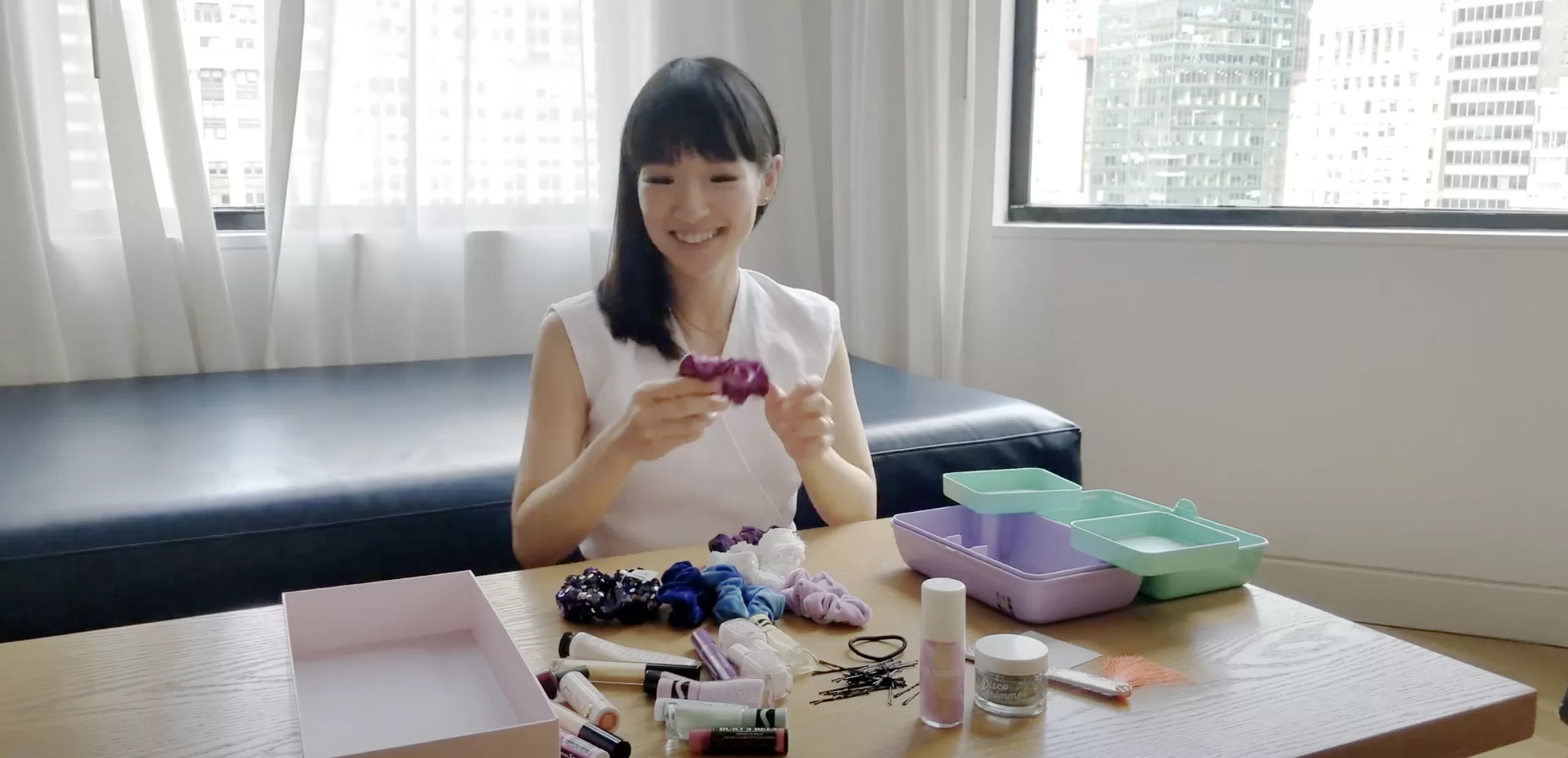
-
The One Line from Jessica Simpson’s Memoir I Share with Every Parent
Known best for her “Chicken of the Sea” comment, Jessica Simpson’s quote about parenting deserves more attention—and consideration.
Written by
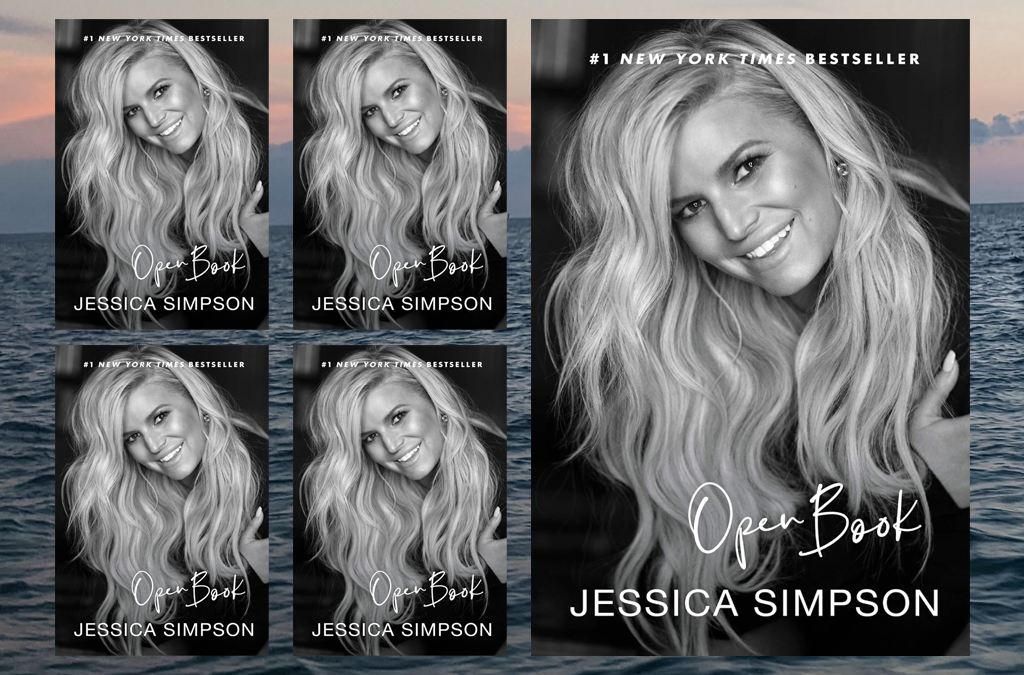
-
What Separates the Cult from the ‘Cultish’
Amanda Montell’s book ‘Cultish’ takes a deep dive into the language that converts, connects—and disconnects us. I couldn’t put it down.
Written by
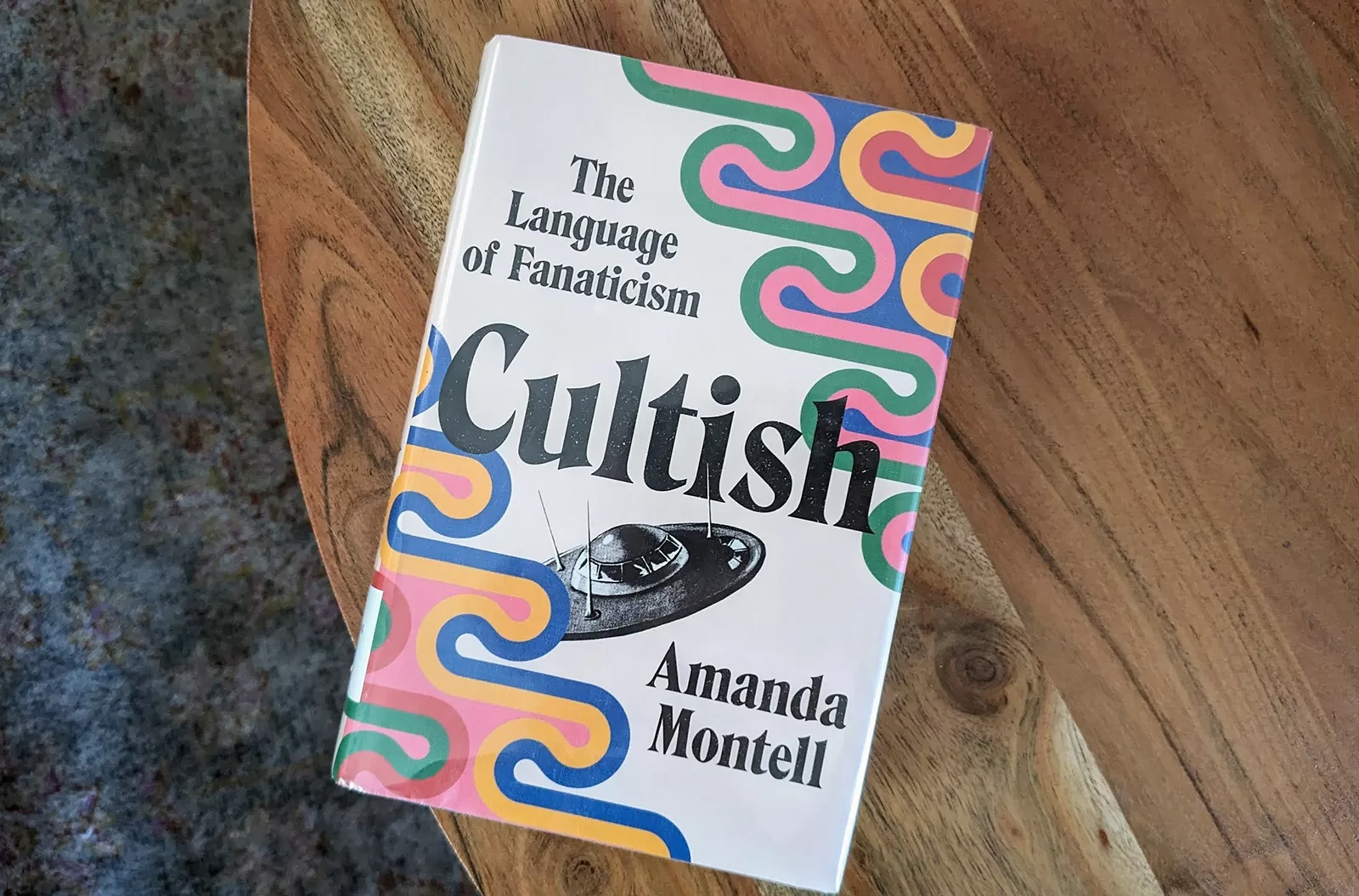
-
The One Thing We Can All Learn from Kids, According to ‘How to Cake It’ Star Yolanda Gampp
How to Cake It star Yolanda Gampp shares how kids don’t let fear dominate their curiosity, enabling them to try new things much better than we can as adults.
Written by
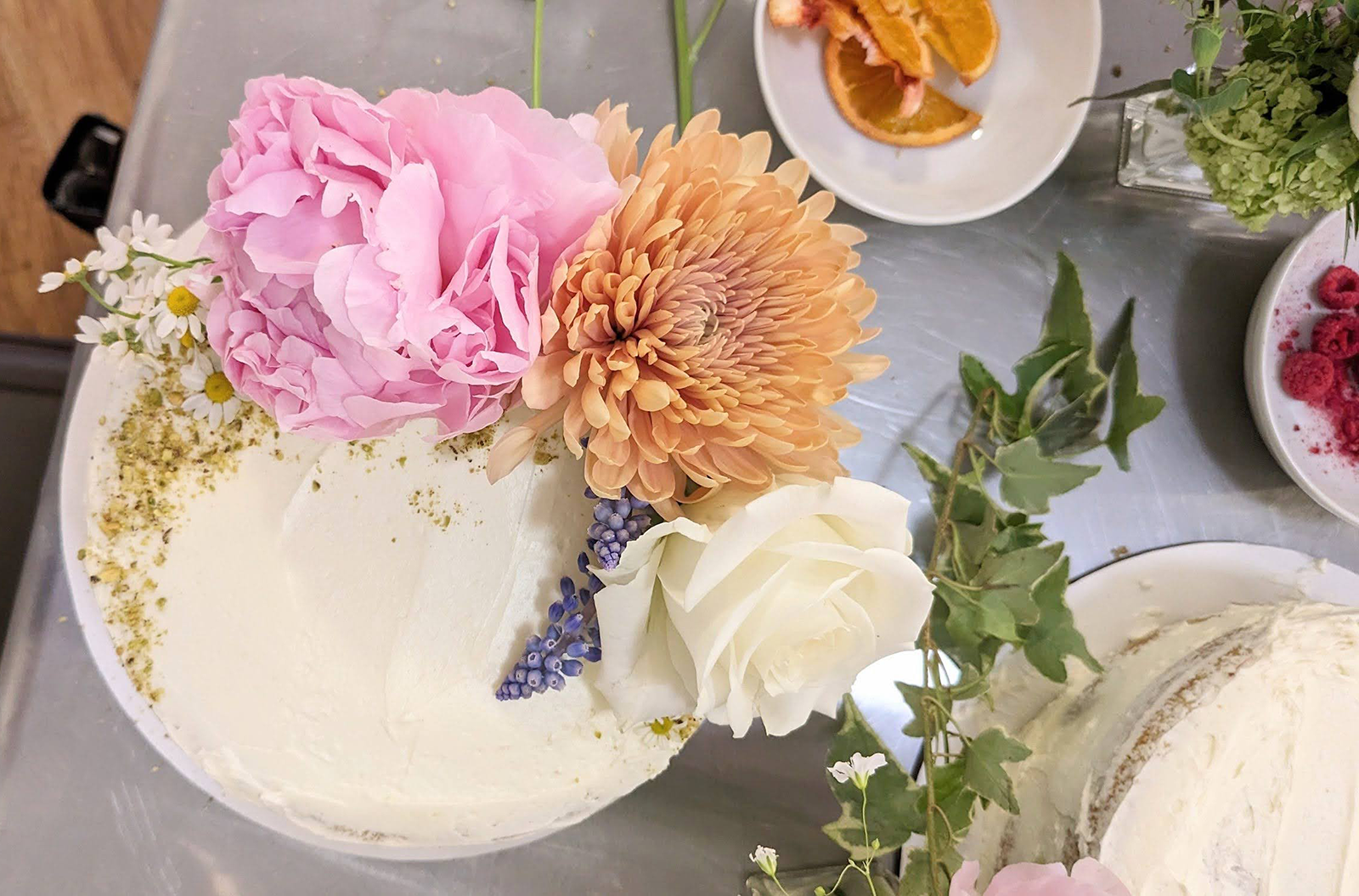
-
What Is ‘The Wander Society,’ Anyway? And Is It Real?
We review Keri Smith’s ‘The Wander Society,’ a book that explores the beauty of wandering and appreciating nature as you work through anything on your mind.
Written by
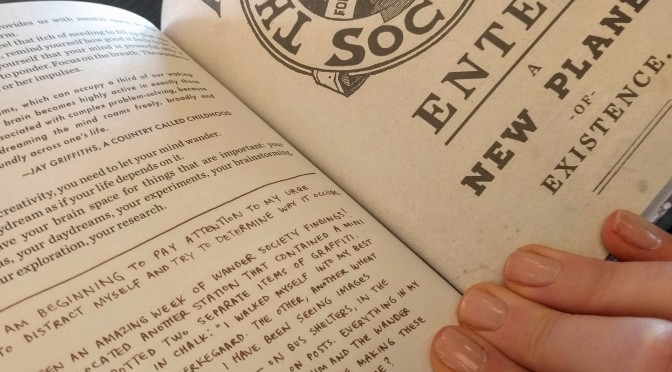
-
The Feeling Duff Goldman’s Been Chasing His Whole Career
If you want to hear a great story, talk to Duff Goldman. The Charm City Cakes founder and Food Fighters/Ace of Cakes star has lived a dozen lives—from bassist in an emo band to stage-show star—but when we spoke for a story on Delish.com back in 2015, one of the things that stood out the…
Written by

-
What A Hospice Doctor Wants You to Know About Death
Hang with me for a minute, because this topic is a little morbid. It may seem too dark to feature on a site dedicated to making your weekdays a little brighter, but that’s the thing: Life Between Weekends isn’t about solely focusing on the warm and fuzzy, and glossing over everything else. It’s about honestly…
Written by

-
What You Need to Know About Oprah’s Latest Book Club Pick
If you cringe when people start telling painfully honest truths — if their honesty and their rawness makes you want to change topics, STAT — Glennon Doyle Melton’s latest book, Love Warrior, isn’t for you. But you should probably read it more than anyone. The Momastery blogger has never shied away from getting vulnerable, bearing…
Written by
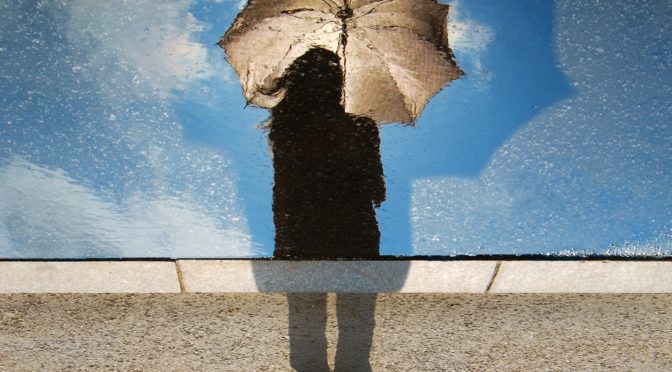
-
How to Stop Doubting Yourself (for Real!)
By Michelle Joy If you’re looking for a motivational self-helpy book that is also humorous and “real,” this is the book for you. If you’re not looking for that, this is still the book for you. Honestly, everyone should read and/or listen to Jen Sincero’s You Are A Badass: How to Stop Doubting Your Greatness and Start…
Written by

-
Kate Hudson’s Squint Test
We’ve all been there: You’ve been running nonstop, constantly feeling three items behind on your to-do list from where you need to be, and the tasks keep piling up. You’re feeling overwhelmed and you just want to break down, but you know you’ve got to power through — at least for the next few minutes,…
Written by
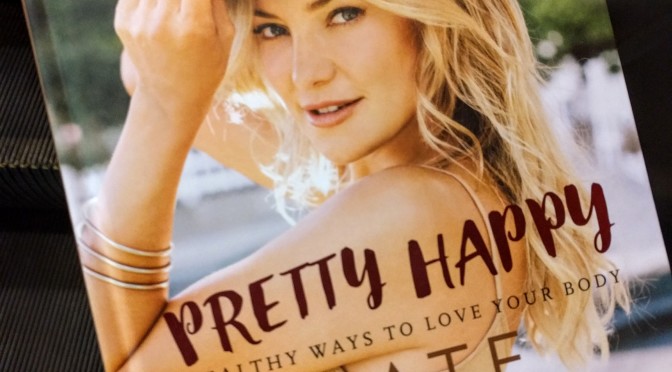
-
Give Yourself Permission to Take Time Off
One of the thrilling parts of the holiday season is the thought of taking time off. You imagine yourself completely agenda-less, basking in the glow of an open fire — or hearing the waves crashing on the beach, if you’re a fellow Floridian — but often, there’s one little snag. Work. Sometimes, it’s not even…
Written by

-
Learning When to Say Yes
For the past few years, I’ve been enchanted by the concept of saying ‘yes’ to life (yup, kind of like that Jim Carrey movie, Yes Man). The idea of taking on any and every opportunity presented, of following your curiosity and seeing where life takes you just seemed all too appealing — and freeing. Sure,…
Written by
